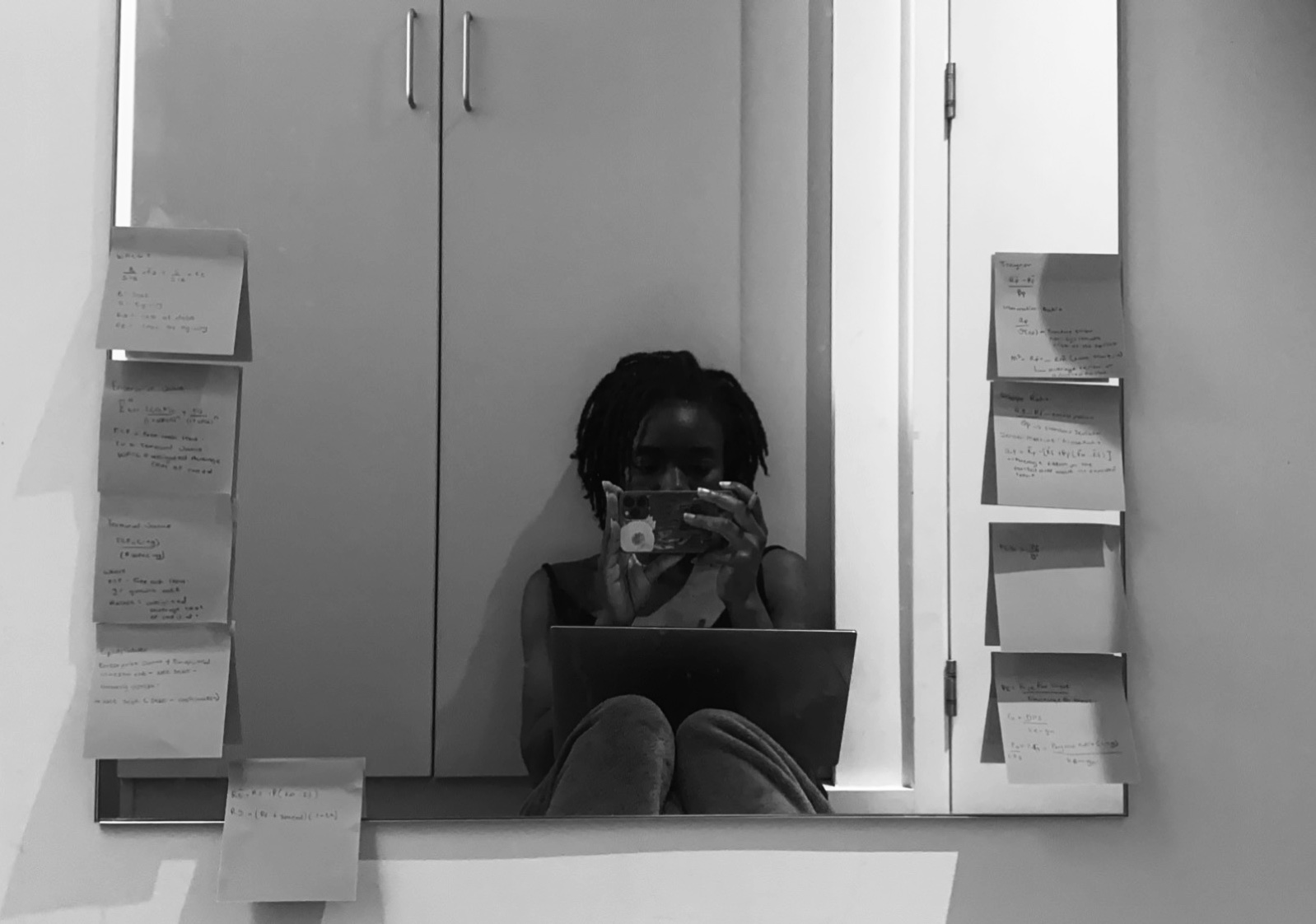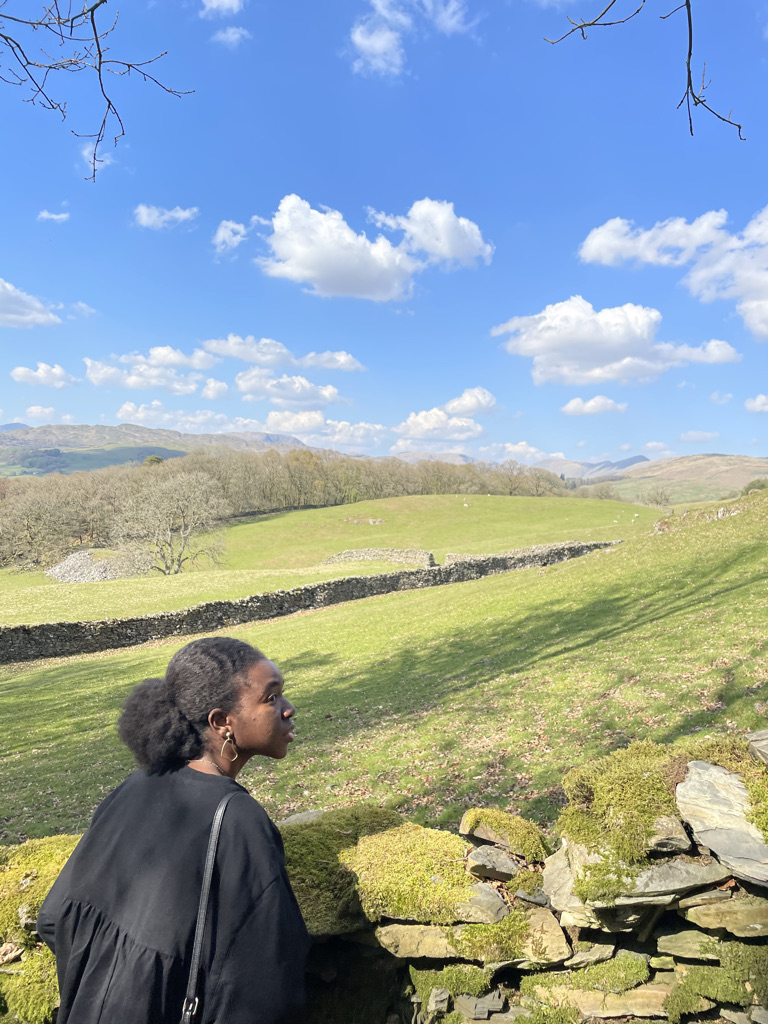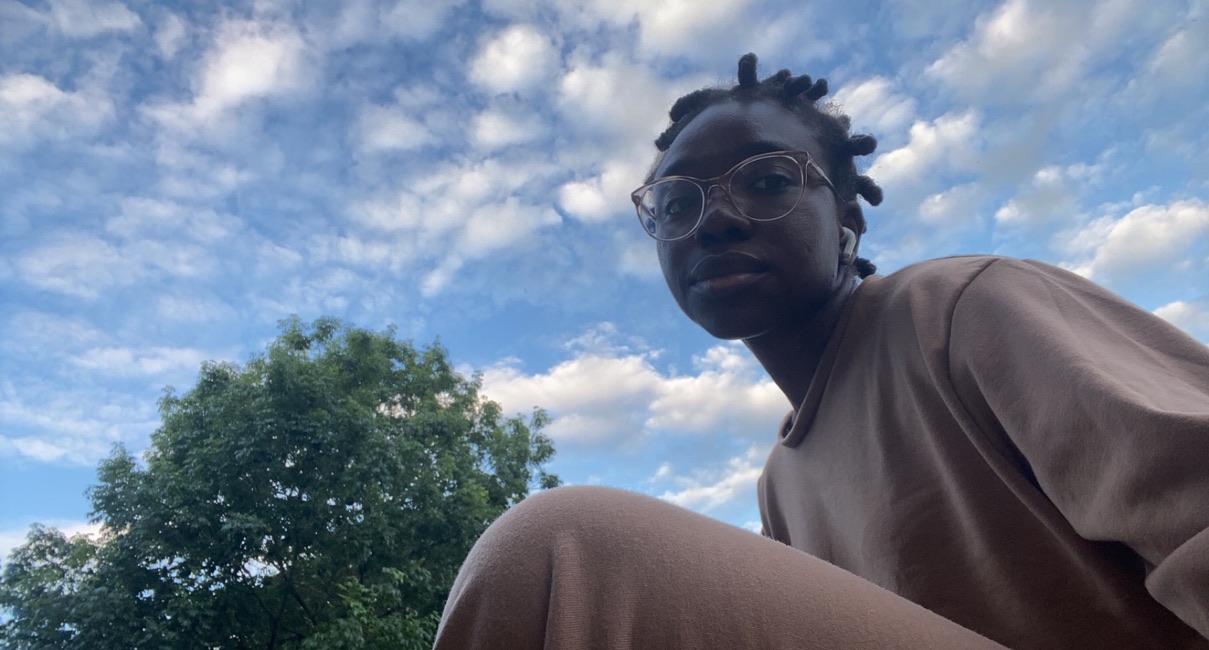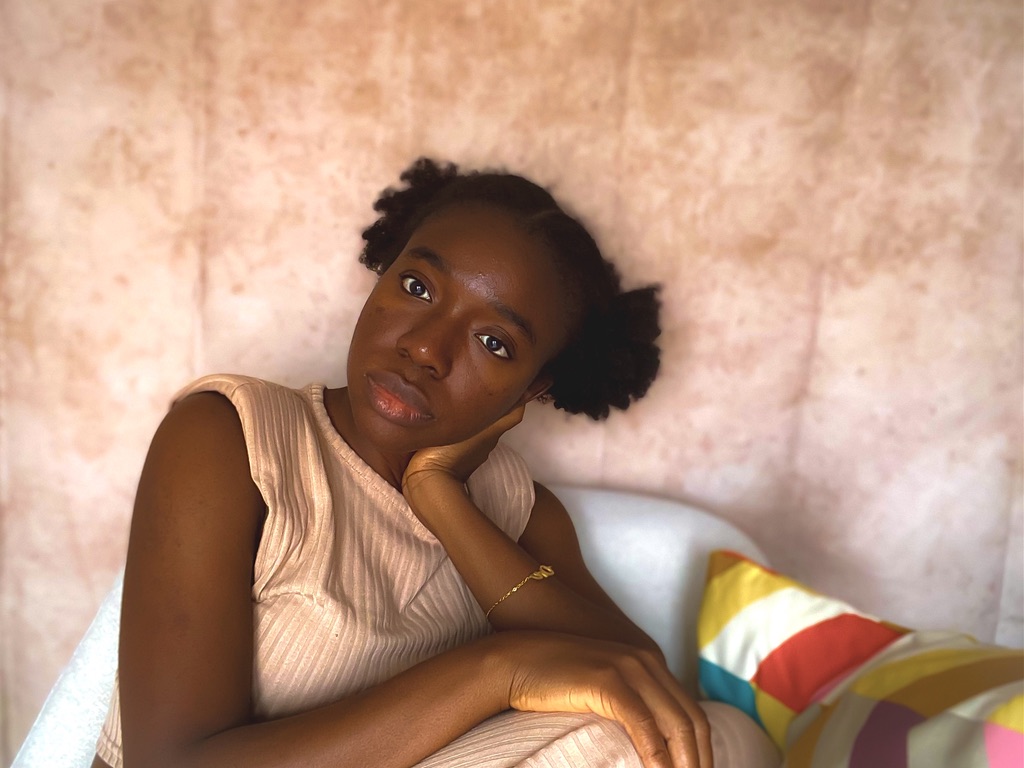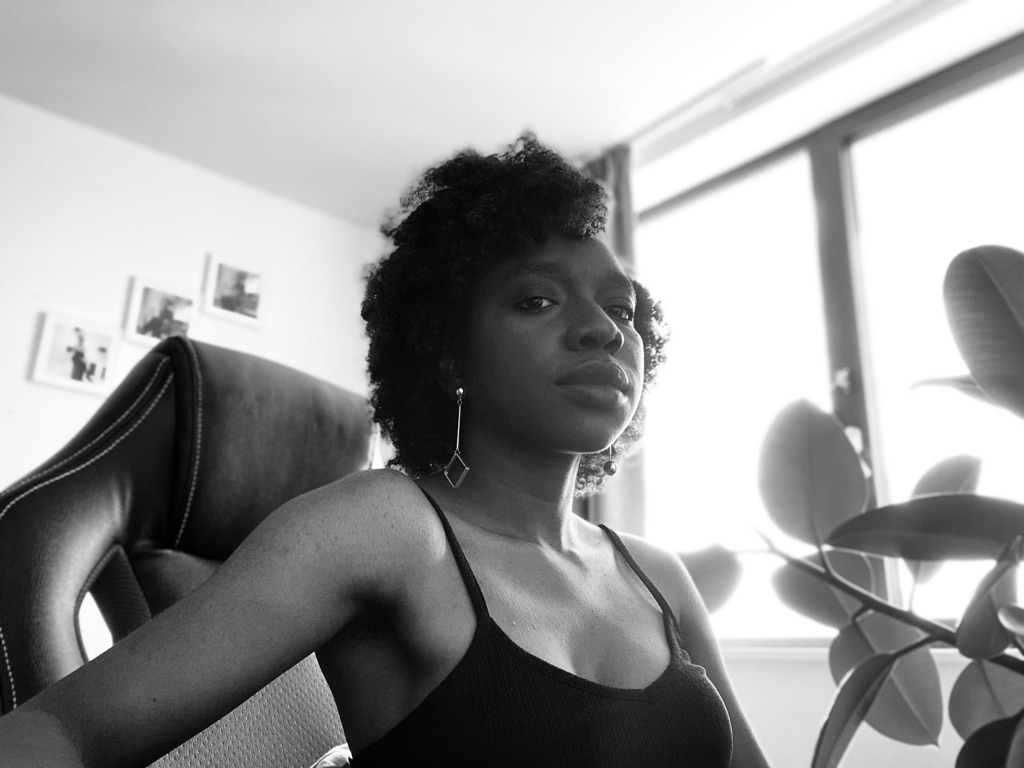Living currently feels like a dream; the kind where when you wake, you realise you are waking from a dream within a dream with endless opportunities of landing back in reality.
Back in March of 2020, when countries in the world began shutting down, from retail stores to restaurants to all modes of transportation, we believed it would be a quick fix, a month at best, and life was going to return to normal. One month has turned quickly into 12 and as we approach the first ‘lockdown’ anniversary, a word that has found a home in our vocabulary, we are burdened with the question of whether we will ever return to ‘normal’, whether we will ever have the freedom of living as we once did.
Before we address the possibilities of returning to normal, I learned a number of things in the past year that I will like to share.
On People and Relationships
For starters, a wedding ceremony requires only the presence of the bride and groom. All other parties are important but mostly sentimental and don’t have the power to hinder the ceremony. I feel very much in love with the intimacy of ’quarantine weddings’, another staple in our vocabulary. The joy that you can see on the couples’ faces, they just seem happy to be together in the moment and celebrate their love. Truth be told, I wouldn’t have minded a ‘quarantine wedding’.
I learnt that everyone gets lonely. We all require a degree of human interaction to keep our wheels turning. Without experiencing a complete lack of human contact, I don’t think I would have realised its importance and it has made me value the people I have in my life.
I don’t think I would have survived the past year without friendship; from long video calls to online surprise parties, and the comfort I found in having different ‘virtual’ homes to land, places where I could truthfully answer the question, “are you fine?” I learnt the importance of coming open into my friendships, of allowing myself to let loose, allowing myself be loved and loving in return. I’ll summarise my lesson on friendships with this statement, “You owe the gift of vulnerability in friendship. It is important you come open with your scars, your joys, your wins and failures. Only in vulnerability are you truly seen, heard and loved.”
I learnt to say “I love you” and “I miss you.” I’ve always believed these are doing words; you show a person you love them, you show up when they need you, when you miss a person you visit them or give them a call. But in a world where seeing wasn’t possible and without ‘seeing’, ‘showing’ is almost impossible, I was left with nothing else but to resort to using my words; to typing, “Hey. You know I love you, right?” Or closing out a call with, “I miss you.” These are things I will be keeping in my vocabulary because it is important you let people know how much you value them.
On Rest and Honouring my body
The world going on a pause didn’t mean I learnt how to rest. In fact, I did the opposite. I pushed myself and explored the limits of body by taking on more projects because there was the illusion of ‘more time.’ Going remote meant I could easily work across time zones and roll out of bed for that 8 a.m call. In return my body revolted and it has ordered me to rest.
This is hard for me because all my life I have kept going. There is always the next thing; the next exam to write, the next person that needs help making sense of a financial spreadsheet. By pushing the limits of myself and grappling with the consequences, I learnt to say “No” and live at a pace that my body will be grateful for, to evaluate all opportunities carefully before saying “Yes”.
In learning to rest, I remembered things that I love, things that bring my heart joy. It became necessary to do an audit of my life and say goodbye to things that no longer served me. This wasn’t an easy process but as I laid in bed for the second night in a row in mid-December with my legs shaking and head pounding, I knew something had to change. It has been a learning curve, but it is important I am gentle with myself and conscious of how I choose to spend my time.
On Death
I re-learnt about death from losing my grandma and one a close friend. My lesson is summed up in this statement; “Death scars us; it drags us through the mud. To come out on the other side of death standing, we need all the people we have left. In its own twisted way, it binds us together.”
On taking a stand
In life, it is important to take a stand, to state your beliefs, so people know who you are. In the spirit of this, I went to my first protest. If someone had told me that I would be chanting in front of the Nigerian embassy on a cold Sunday morning, I wouldn’t have believed them but it is one of the things I am very proud I did. It is an experience I will always carry with me.
In peaceful protest I learnt to be proud of Nigeria, not in her leaders but in the people; in our capacity to band together and fight a self-serving government, to stand for our right to live our right to a better life. More importantly, I was proud to be a woman, proud of the Feminist Coalition and the work they did in organising and supporting the EndSars peaceful protests. In those few days, I saw a vision of what Nigeria could become and it restored my hope in the country.
In the same capacity, I was broken by the Lekki Massacre on the 20th of October 2020. It still feels like a dream that a country would turn on its own citizens and kill them without repercussion. Nigeria is led by obsessive people; leaders that pass policies and regulations that ensure their pockets are lined and as a result, have created a country where dreams are stifled and whose people only have the capacity to focus on the next meal/paycheque because to protest against police brutality is to be met with a gun.
I am keeping with me the hope that swelled in my heart and the pain of those that lost their lives, and I’m letting these drive me to keep fighting for a better Nigeria.
___________
The year felt long and short at the same time; long in the amount of time I spent by myself, navigating my emotions, alone with my thoughts, and short in the amount of living that seems to have happened, all these experiences crammed into one year, so ‘short and long.’
I don’t think we are going back to ‘normal’. For starters, we are different people and the world we live in is different. I believe we should look forward to what comes after, challenge ourselves to rebuild, to do away with things that no longer serve us, to do away with things that harm us, and build a path to better.
I would be naive to think this will happen, but a girl is allowed to dream.
P.S.
I am over the pandemic at this point, and it hard to see a silver lining on many days; I just want to visit my family, have brunch plans and maybe plan a dinner party.
Read more
